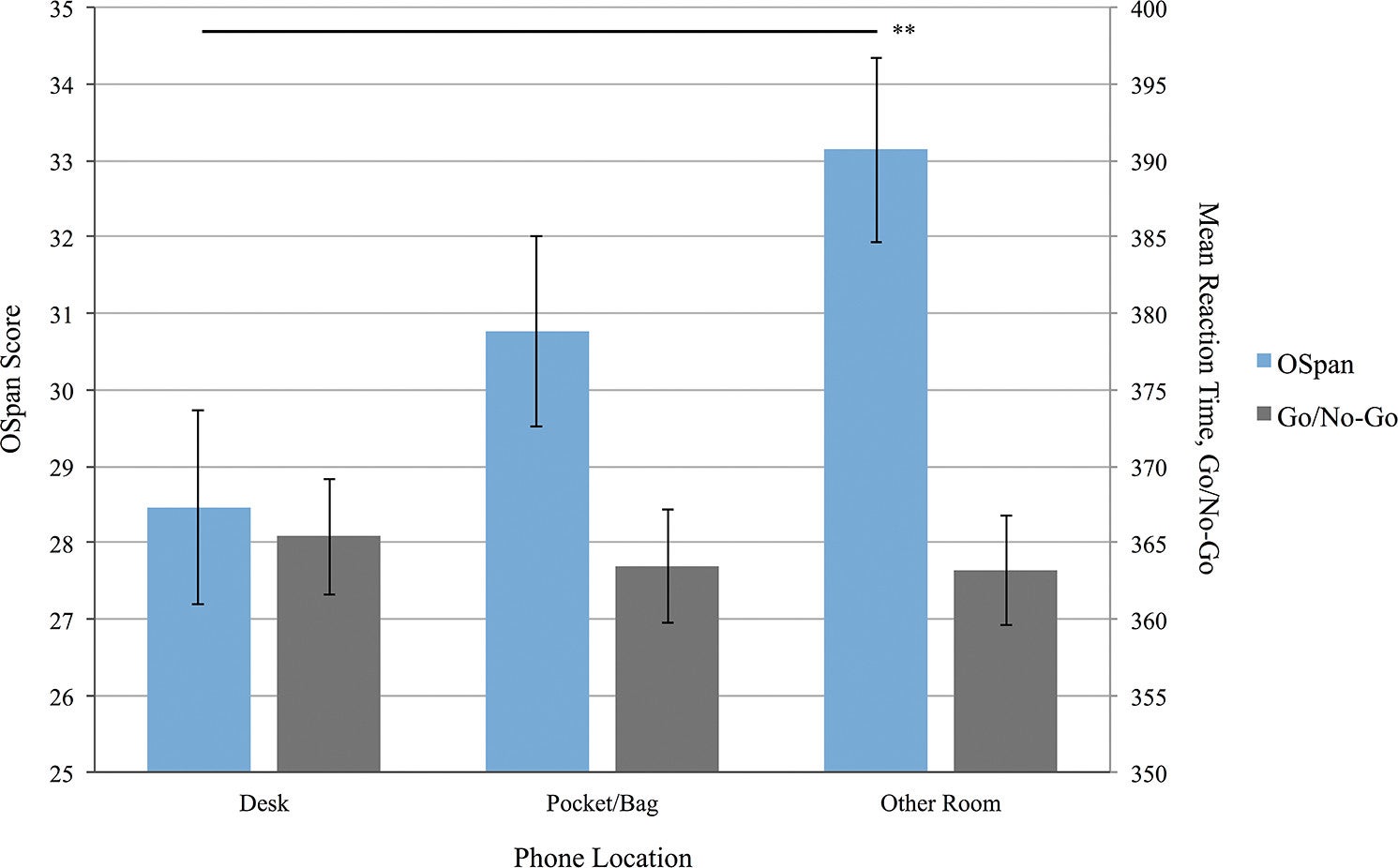Dear all,
Hope you have had a wonderful October Break and are refreshed and re-energized.
This weeks Food for Thought aligns very much with who we are as a school and the direction in which we are moving. Here are three interesting links to our mission; jobs in the future, engagement to empowerment, and how smartphone make us less engaged.
Firstly, jobs in the future. This is a new TED Talk that gives further support to our school vision and mission. threads link with Sir Ken's writing in the Element and Daniel Pink's thinking in Drive. Great for showing any parent who questions why we are encouraging creativity and innovation rather memorization in our teaching.
"We've all heard that robots are going to take our jobs -- but what can we do about it? Innovation expert David Lee says that we should start designing jobs that unlock our hidden talents and passions -- the things we spend our weekends doing -- to keep us relevant in the age of robotics. "Start asking people what problems they're inspired to solve and what talents they want to bring to work," Lee says. "When you invite people to be more, they can amaze us with how much more they can be."
Secondly, as you all know there are three key words in our mission statement, ENERGIZE, ENGAGE AND EMPOWER. As a school we are getting better at promoting inquiry and releasing learning to our students. Studio 5 is an excellent example of this process in action. This short video, 2 mins, focuses on the move from Engagement in our classrooms to Empowerment of our learners.
Thirdly, as a follow up to DigiFam I was sent an article that appeared in the Wall Street Journal, unfortunately as I am not a subscriber I was unable to read it. However, I did find other information related to the same research findings and wanted to share this with you. Here is a link to research from Chicago University, that suggests the Mere Presence of One’s Own Smartphone Reduces Available Cognitive Capacity. The conclusions are probably not a surprise to any of us in education but do provide evidence that we can use to support classroom and school control of smartphones and make us think about the most appropriate next moves regarding in school technology.
"Our smartphones enable—and encourage—constant connection to information, entertainment, and each other. They put the world at our fingertips, and rarely leave our sides. Although these devices have immense potential to improve welfare, their persistent presence may come at a cognitive cost. In this research, we test the “brain drain” hypothesis that the mere presence of one’s own smartphone may occupy limited-capacity cognitive resources, thereby leaving fewer resources available for other tasks and undercutting cognitive performance. Results from two experiments indicate that even when people are successful at maintaining sustained attention—as when avoiding the temptation to check their phones—the mere presence of these devices reduces available cognitive capacity. Moreover, these cognitive costs are highest for those highest in smartphone dependence. We conclude by discussing the practical implications of this smartphone-induced brain drain for consumer decision-making and consumer welfare."
"The results showed a surprisingly strong case for leaving your phone somewhere else when you want to perform well on a task. The two groups of participants who kept phones nearby either on a desk or in a bag showed lower working memory capacity (the ability to remember information temporarily) and a lower functional fluid intelligence (the ability to solve new problems and see patterns)."
Cognitive capacity increased the further removed participants were from their phones

The findings might be useful for how we use technology in our classrooms and control mobile usage at ISHCMC. It might explain why students are not paying as much attention to their work if the have their laptop open or phone on in class. The research findings clearly have implications for students and ourselves working at home with smart phones or other mobile devices nearby.
"The problem stems from your brain using a bit of your cognitive capacity to stay on track when you know your phone is right next to you, begging to be touched. It gets compounded when something like a notification gets your attention, causing you to think about what that notification (text messages from family, email from a boss) actually means, sending your brain on a tangent that distracts from your primary goal."
Linking to escaping from your smartphone there is a new 21 day meditation programme starting with Oprah and Deepak later this month. Finding 20 minutes in your busy day for some quiet time is very important for your well-being and happiness. This link will take you to the registration page if you would like to participate.
Have a great weekend,
Yours
Adrian

No comments:
Post a Comment